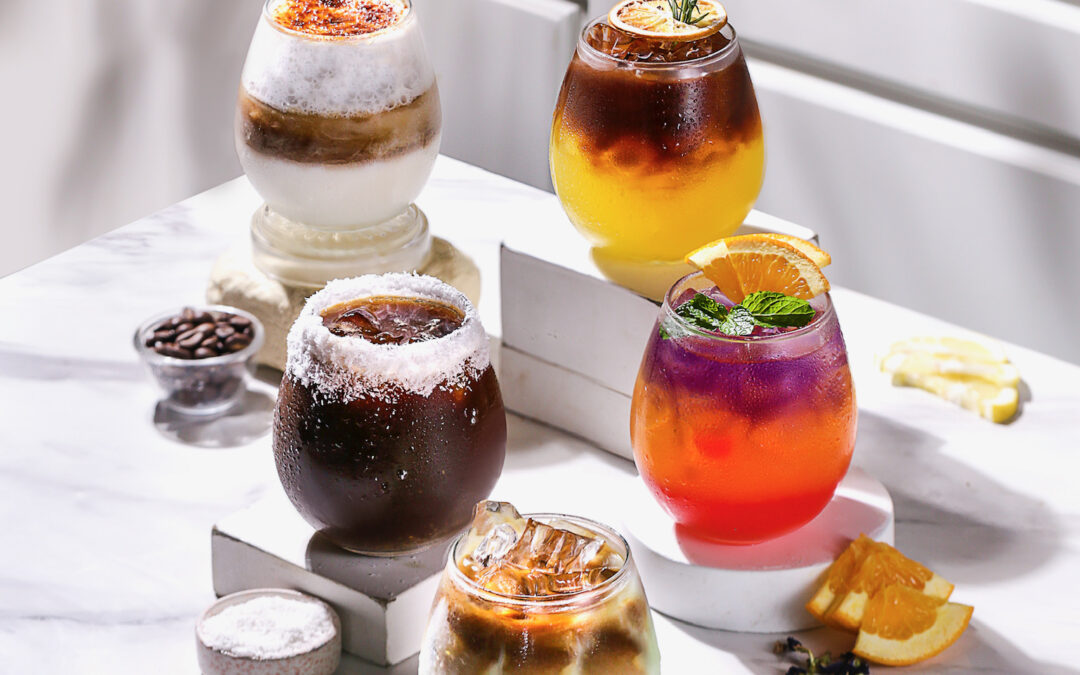Photography is not about taking photos alone because it also involves your creative ability to make food art photography. On the other hand, we can say that food photography us one of the hardest ones on the market. So, if you work as a food photographer, we have a few tips you can apply for better techniques.
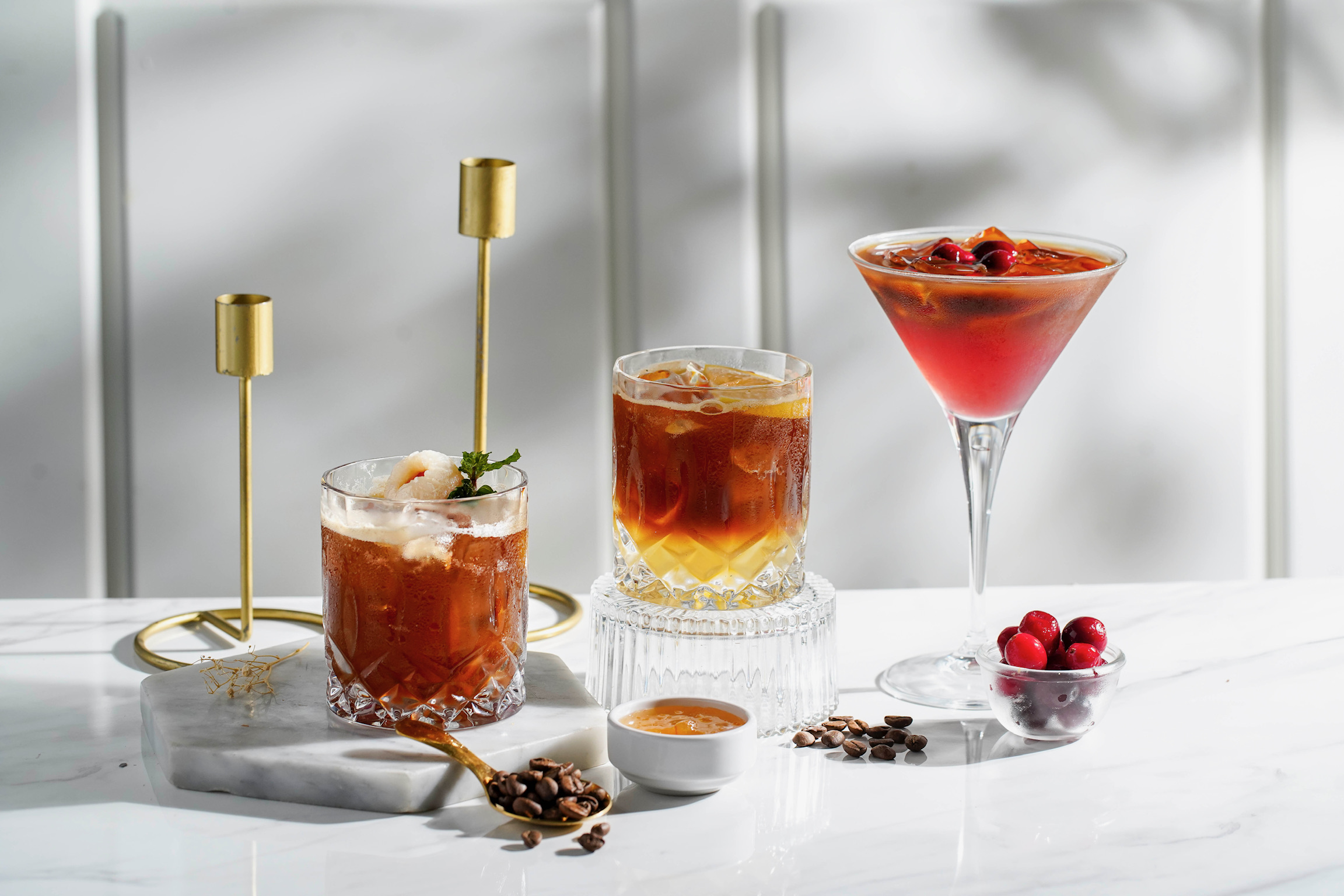
1. Work with the angle
When it comes to taking photos, you need to work with the angle. When it comes to food photography, you can only work with a few types of angles. 45 degrees of angle is not a good point to take a picture and it extends to 25 degrees as well.
From those angles, the food does not look interesting for sure. 90 degrees are considered the best angle but you should make sure other aspects in the scene support the angle.
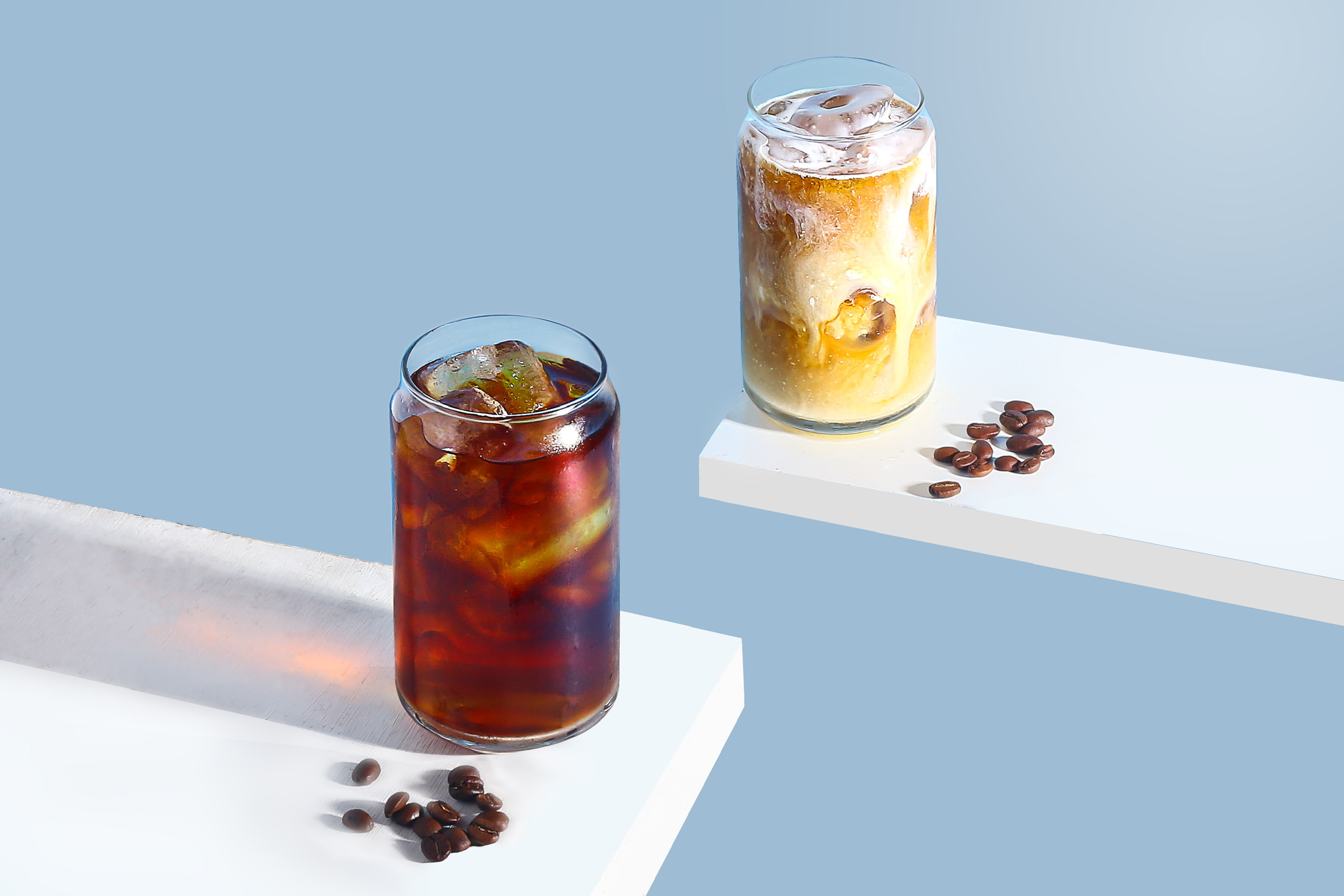
2. Background and foreground on point
What makes food art photography is that you can keep the balance of background and foreground. You should play with those two aspects to make the story be told. If necessary, surround the food with props and ingredients that relate to the food itself. Feel free to fill and arrange the scene.
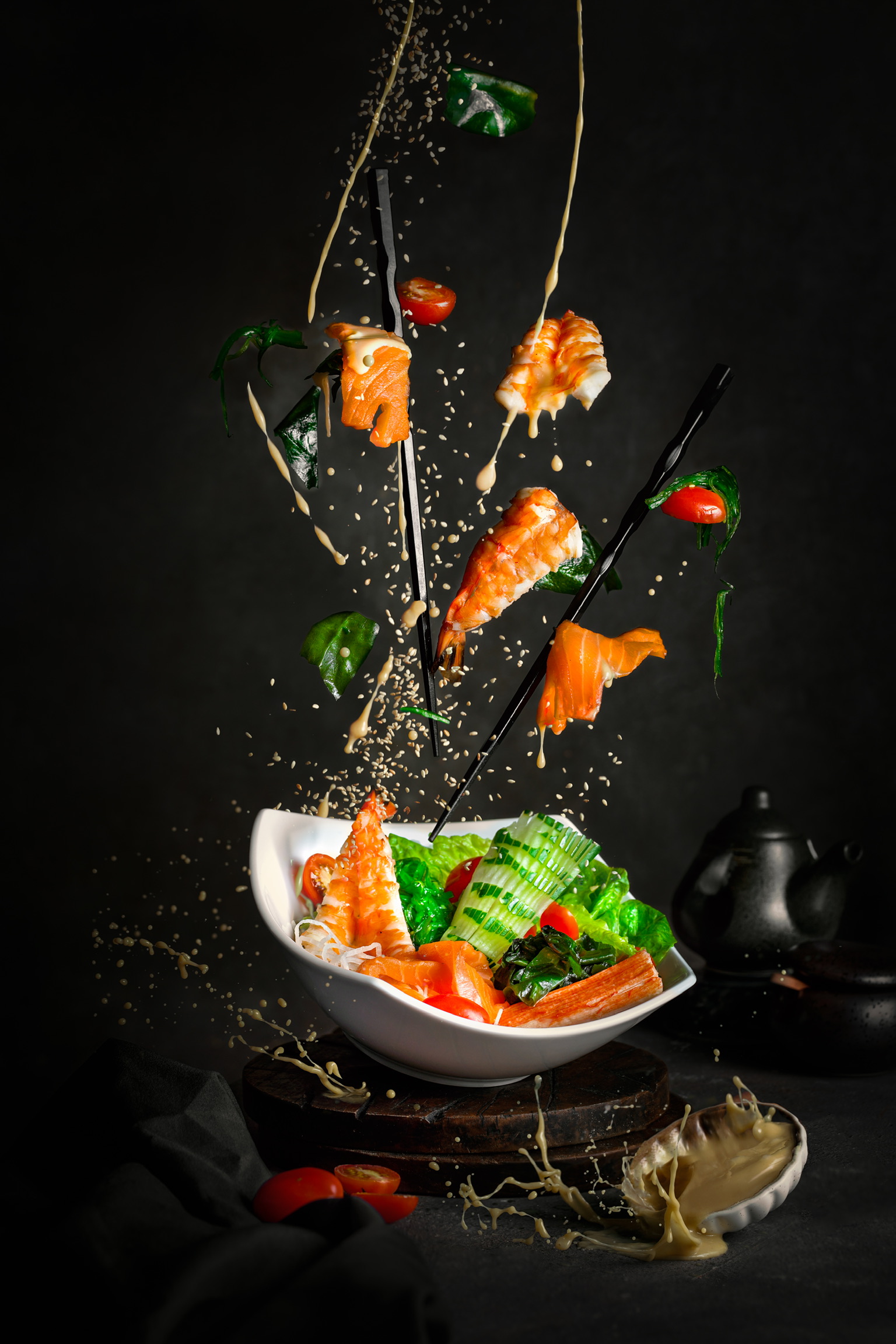
3. Utilizing natural light
Natural light can be touted as the best lighting option. If you have access to use natural light as much as you can, you should optimize the use. Feel free to modify such as by using black and white cards to control the shadow area. The black card will help to block the light while the white card can be used for bouncing the light.
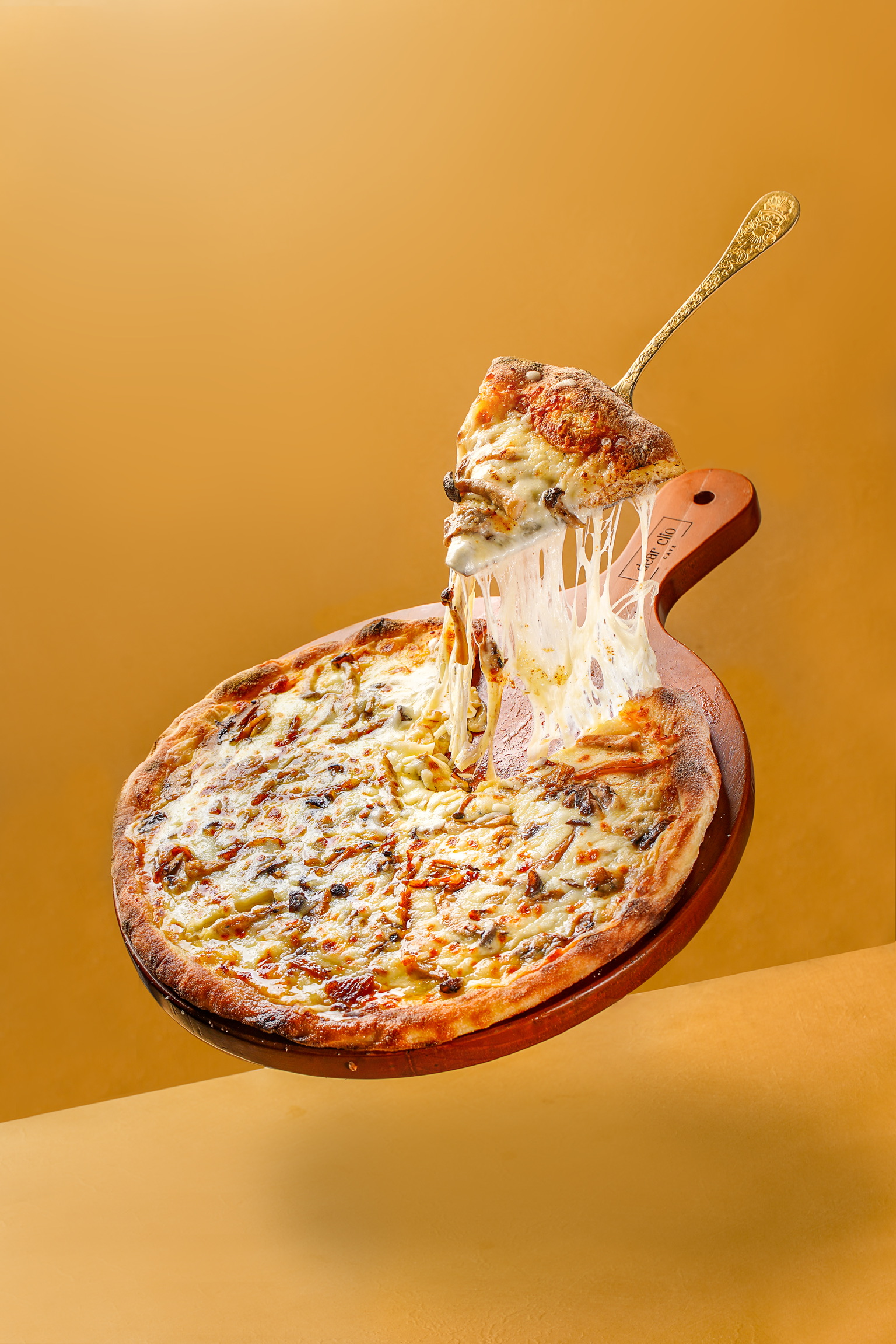
4. Be careful with colors
At some point, colors make the whole scene looks interesting. However, if you choose props and other accessories for the scene in pop and loud colors, it can steal the spotlight from the food. Keep in mind that you will take the picture of the food.
This is why the food should be the star by default. When choosing background and props, we highly recommend sticking with neutral colors or pastel colors (if you like colors) or something that seems cool and soothing.
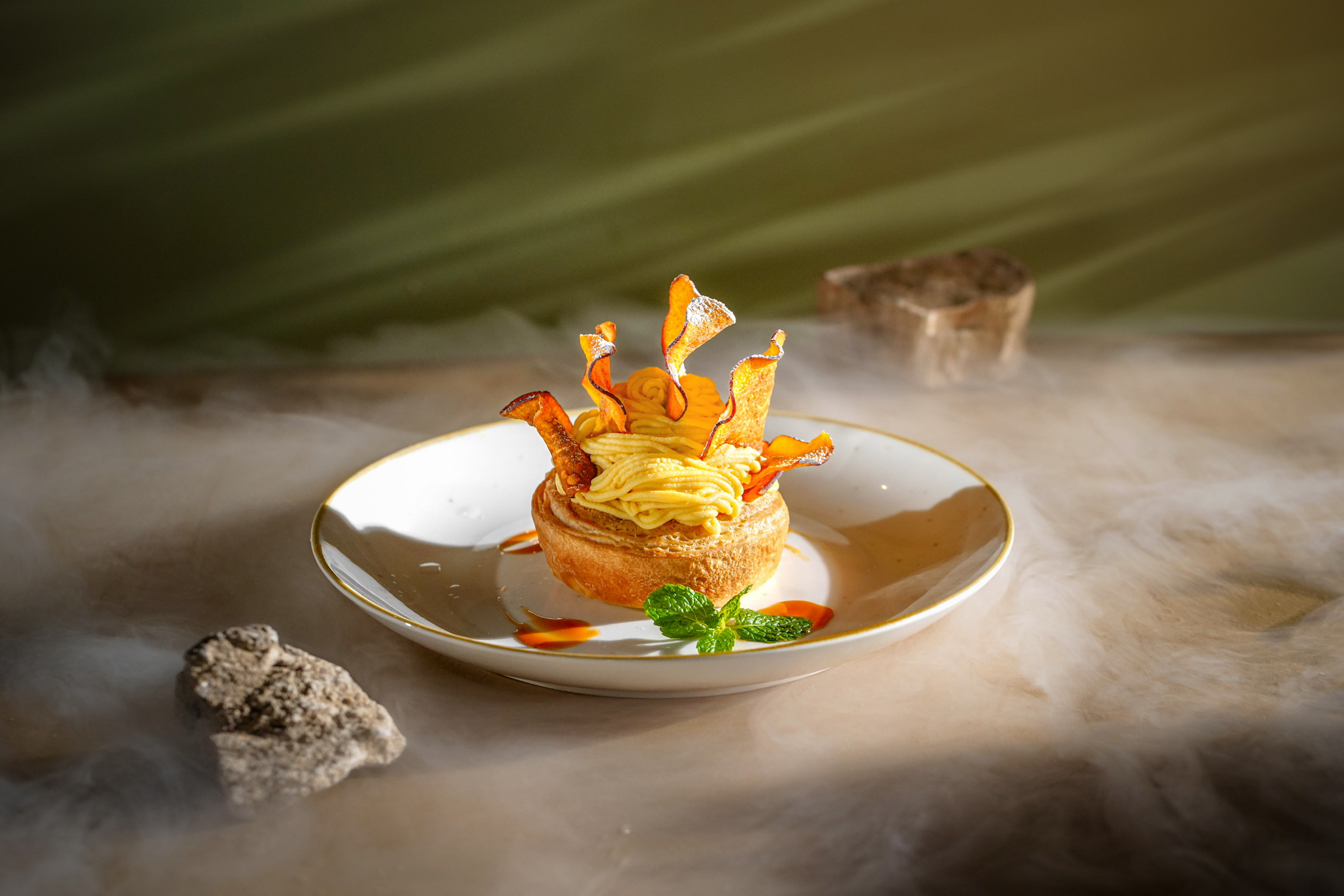
5. Lines and layers
Lines and layers help to highlight the main object that people need to pay attention to. This is why you need to bring in ingredients and props to draw the line and add layers in the scene. Layers will address the spotlight to the star in food art photography.

